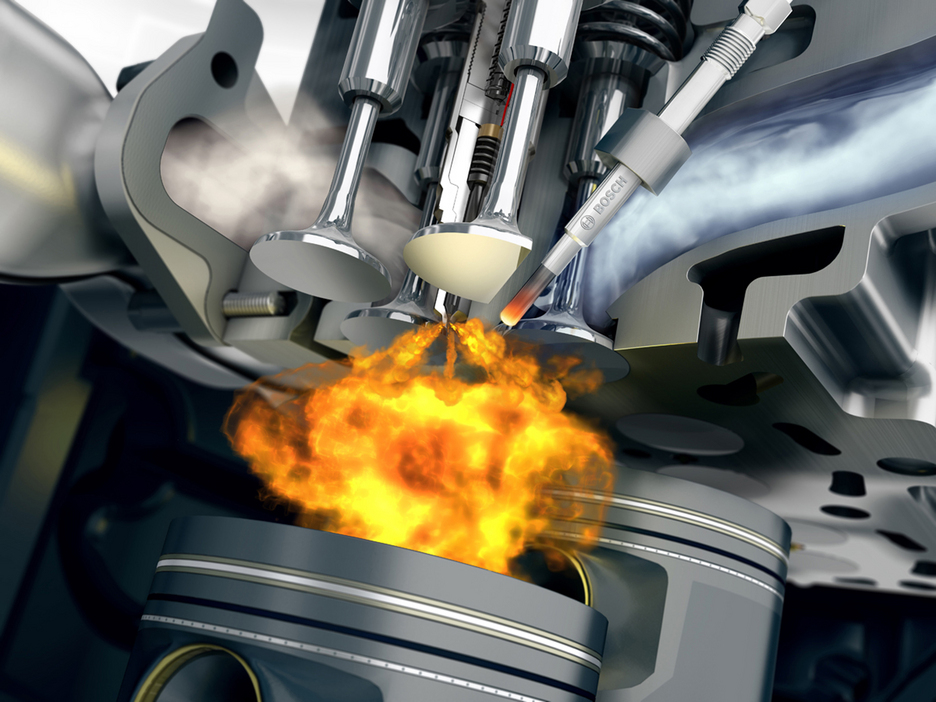What Causes Pinking in a Car Engine?
Pinking, also known as detonation or spark knock, is an abnormal combustion condition that occurs in gasoline engines. It is characterized by a sharp, metallic rapping sound that can be heard from the engine compartment. Pinking can damage the engine if it is not corrected, so it is important to understand what causes it and how to fix it.
Causes of Pinking
There are several factors that can cause pinking in a car engine:
* **Low octane fuel:** Octane is a measure of a fuel’s resistance to detonation. The higher the octane number, the more resistant the fuel is to detonation. Using fuel with too low of an octane number for your engine can cause pinking.
* **Improper ignition timing:** The ignition timing is the point at which the spark plug fires. If the ignition timing is too advanced, the fuel-air mixture will ignite too early and cause pinking.
* **Carbon buildup:** Carbon buildup in the combustion chamber can create hot spots that can ignite the fuel-air mixture prematurely, causing pinking.
* **Lean air-fuel mixture:** A lean air-fuel mixture is one that has too much air and not enough fuel. This can cause the fuel-air mixture to burn too quickly and cause pinking.
* **High compression ratio:** Engines with high compression ratios are more prone to pinking. This is because the higher the compression ratio, the more pressure is applied to the fuel-air mixture, which can cause it to ignite prematurely.
Symptoms of Pinking
The most common symptom of pinking is a sharp, metallic rapping sound that can be heard from the engine compartment. Other symptoms of pinking include:
* **Loss of power:** Pinking can cause the engine to lose power because the detonation can disrupt the normal combustion process.
* **Increased fuel consumption:** Pinking can also cause the engine to use more fuel because the detonation can waste fuel.
* **Engine damage:** Pinking can damage the engine if it is not corrected. The detonation can cause the pistons, valves, and spark plugs to overheat and fail.
How to Fix Pinking
If you are experiencing pinking in your car engine, there are several things you can do to fix it:
* **Use higher octane fuel:** Using fuel with a higher octane number can help to prevent pinking. The octane number is usually listed on the fuel pump.
* **Adjust the ignition timing:** If the ignition timing is too advanced, it can cause pinking. You can adjust the ignition timing yourself or have it done by a mechanic.
* **Clean the combustion chamber:** Carbon buildup in the combustion chamber can cause pinking. You can clean the combustion chamber yourself or have it done by a mechanic.
* **Enrich the air-fuel mixture:** A lean air-fuel mixture can cause pinking. You can enrich the air-fuel mixture by adjusting the carburetor or fuel injection system.
* **Lower the compression ratio:** Engines with high compression ratios are more prone to pinking. You can lower the compression ratio by installing a thicker head gasket.
Conclusion
Pinking is an abnormal combustion condition that can damage a car engine if it is not corrected. There are several factors that can cause pinking, including low octane fuel, improper ignition timing, carbon buildup, a lean air-fuel mixture, and a high compression ratio. The symptoms of pinking include a sharp, metallic rapping sound, loss of power, and increased fuel consumption. If you are experiencing pinking in your car engine, you can fix it by using higher octane fuel, adjusting the ignition timing, cleaning the combustion chamber, enriching the air-fuel mixture, or lowering the compression ratio.


